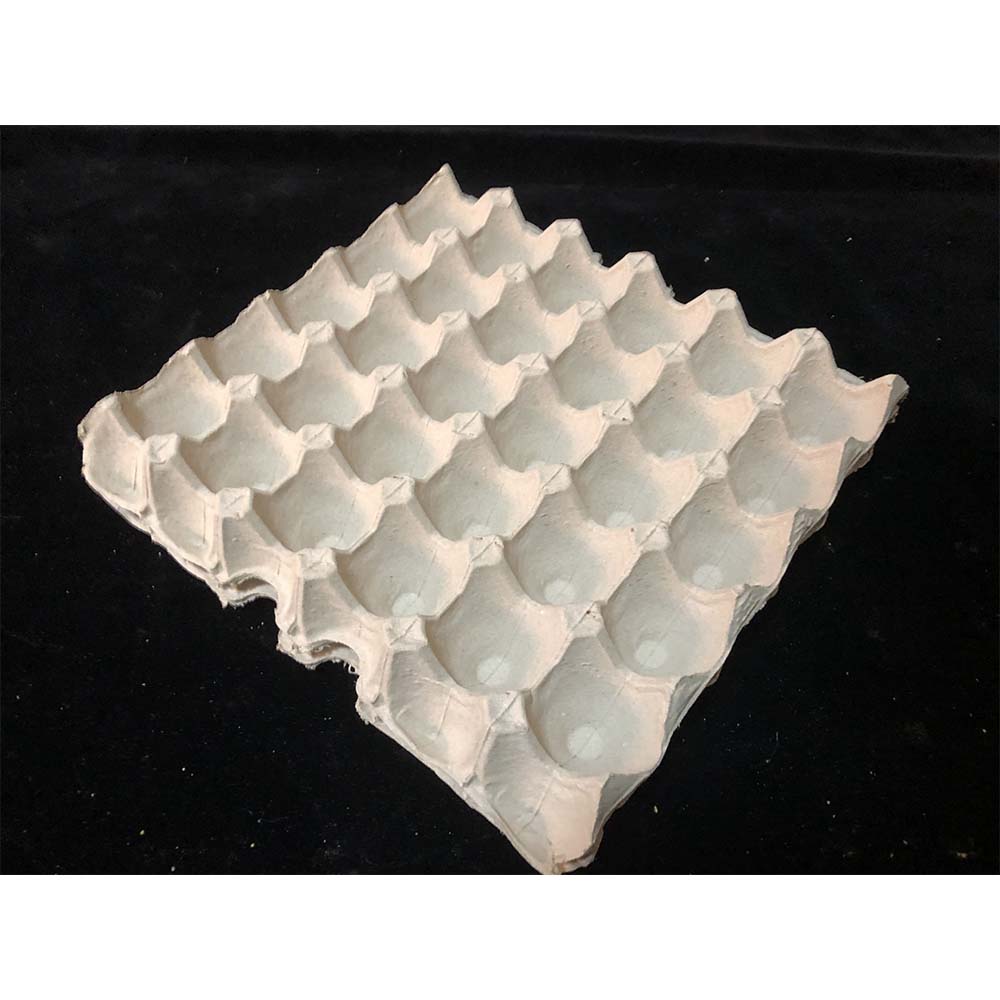automatic broiler chicken cage
Nov . 19, 2024 05:36 Back to list
automatic broiler chicken cage
The Rise of Automatic Broiler Chicken Cages Enhancing Poultry Farming Efficiency
In the modern agricultural landscape, poultry farming has undergone significant transformations aimed at improving efficiency, productivity, and animal welfare. One of the most impactful innovations in this sector has been the introduction of automatic broiler chicken cages. These advanced confinement systems are designed to optimize the breeding and rearing of broiler chickens, ultimately leading to increased production and better management practices.
Understanding Automatic Broiler Chicken Cages
Automatic broiler chicken cages, also known as battery cages or tiered housing systems, are sophisticated structures that allow farmers to rear chickens in a controlled environment. These cages come equipped with automation technologies that facilitate feeding, watering, and waste management. They are designed to maximize space and minimize labor, enabling farmers to raise more birds while maintaining high standards of hygiene and animal care.
Benefits of Automatic Broiler Chicken Cages
1. Increased Efficiency One of the primary advantages of automatic cages is the significant increase in operational efficiency. Traditional farming methods require a considerable amount of manual labor for feeding, cleaning, and monitoring chickens. In contrast, automatic systems can streamline these processes through automated feeders, drinkers, and waste removal systems. This efficiency not only reduces the workload for farmers but also lowers operational costs.
2. Enhanced Animal Welfare Modern automatic cages are designed with animal welfare in mind. They provide adequate space, ventilation, and climate control, ensuring that chickens are kept in optimal conditions. Automation technologies can also monitor the health and well-being of the birds, allowing for timely interventions when necessary. By improving living conditions, farmers can foster healthier flocks that grow faster and with fewer health issues.
3. Consistent Production The use of automatic broiler chicken cages helps achieve reliable and consistent production levels. The controlled environment minimizes fluctuations in temperature and humidity, which are crucial for the growth of broiler chickens. This consistency translates into predictable outputs, enhancing the overall profitability of poultry operations.
automatic broiler chicken cage

4. Better Feed Management Automatic systems allow for precise control over feeding schedules and quantities. Farmers can program feeders to dispense the right amount of feed at regular intervals, ensuring that all chickens receive adequate nutrition. This level of control not only improves feed conversion ratios but also reduces waste, contributing to more sustainable farming practices.
5. Biosecurity Measures Automatic broiler chicken cages enhance biosecurity by minimizing human contact with the birds and reducing the transmission of diseases. With automated systems in place, the risk of pathogens entering the flock is significantly lowered. This is particularly important in large-scale operations where even a small outbreak can have devastating effects.
Challenges and Considerations
Despite the clear benefits, the transition to automatic broiler chicken cages is not without challenges. Initial costs can be a significant barrier for small-scale farmers, requiring substantial investment in technology and infrastructure. Additionally, there may be a learning curve associated with operating these advanced systems, necessitating training and adaptation for the workforce.
Moreover, as with any technology, there is a need for ongoing maintenance and monitoring to ensure that the systems function effectively. Farmers must remain vigilant about the welfare of their chickens, as the reliance on automation should not lead to complacency in animal care practices.
Conclusion
The introduction of automatic broiler chicken cages represents a significant advancement in poultry farming practices. By improving efficiency, enhancing animal welfare, and ensuring consistent production, these systems are shaping the future of the poultry industry. As technology continues to evolve, it is essential for farmers to adapt and embrace these innovations to remain competitive and sustainable in a rapidly changing agricultural landscape. Balancing technological advancement with responsible farming practices will be key to success in the era of modern poultry production.
-
Hot Sale 24 & 18 Door Rabbit Cages - Premium Breeding Solutions
NewsJul.25,2025
-
Automatic Feeding Line System Pan Feeder Nipple Drinker - Anping County Yize Metal Products Co., Ltd.
NewsJul.21,2025
-
Automatic Feeding Line System Pan Feeder Nipple Drinker - Anping County Yize Metal Products Co., Ltd.
NewsJul.21,2025
-
Automatic Feeding Line System - Anping Yize | Precision & Nipple
NewsJul.21,2025
-
Automatic Feeding Line System - Anping Yize | Precision & Nipple
NewsJul.21,2025
-
Automatic Feeding Line System-Anping County Yize Metal Products Co., Ltd.|Efficient Feed Distribution&Customized Animal Farming Solutions
NewsJul.21,2025






